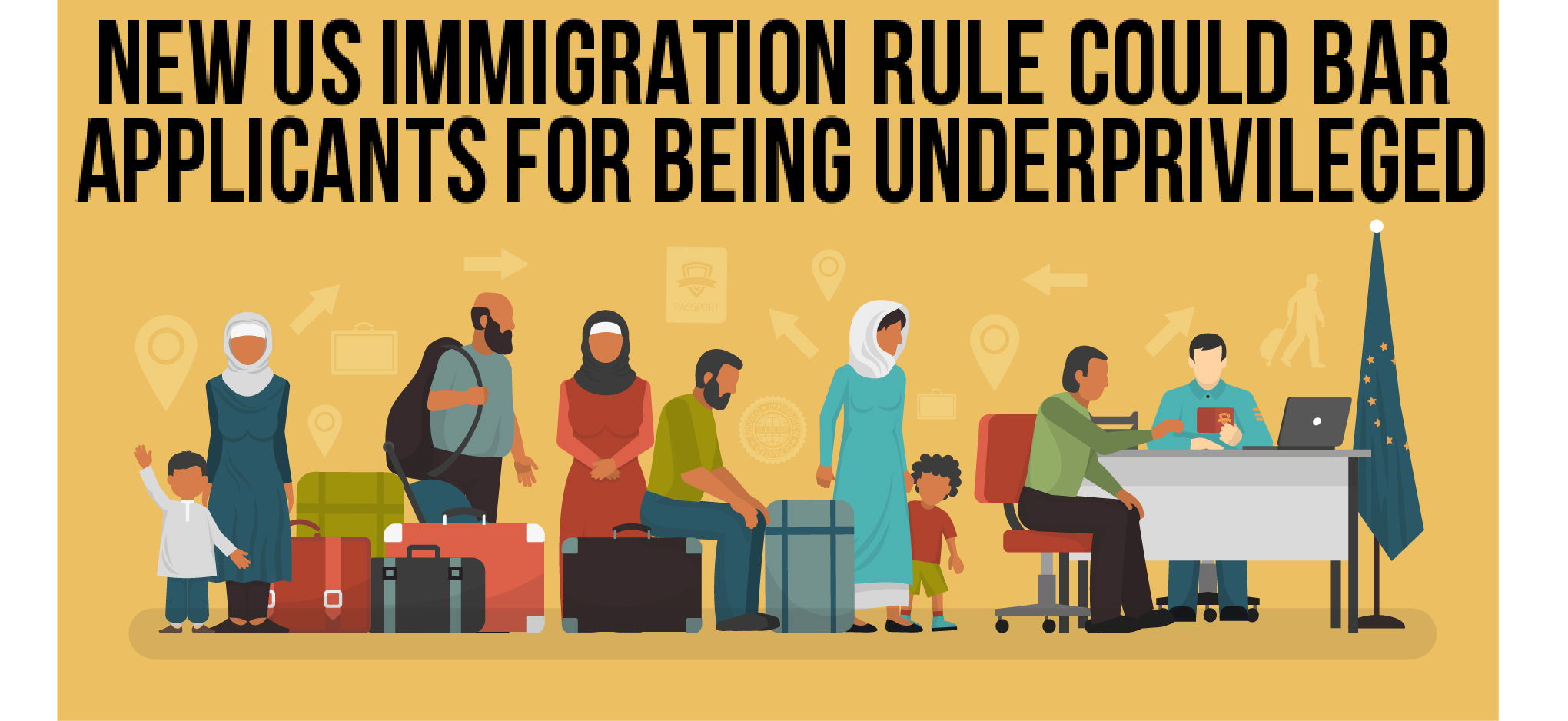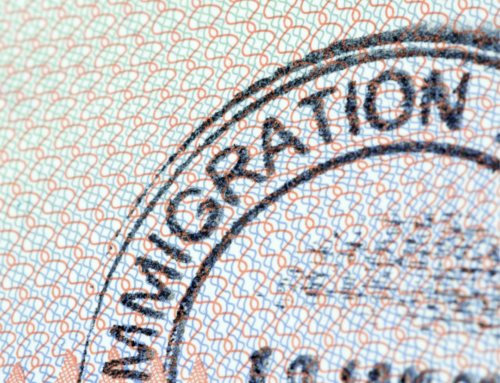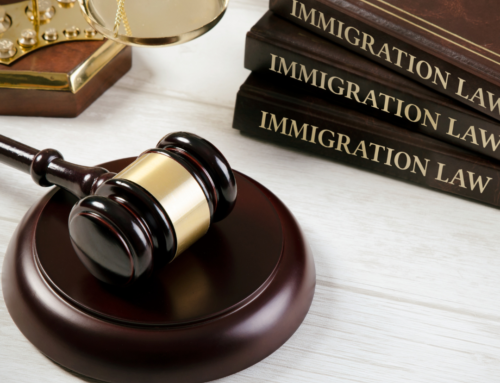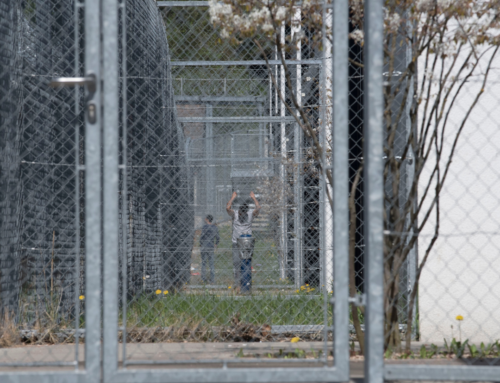US President Trump’s government had unveiled a comprehensive new rule on the 12th of August that would regulate legal immigration by denying visas and permanent residency to hundreds and thousands of individuals for being too poor.
The long-awaited rule which was pushed by Stephen Miller, Trump’s leading advisor on immigration – took effect on October 15 and would reject applicants for temporary or permanent visas for failing to meet income standards or for receiving public assistance such as food stamps, welfare, Medic-aid or public housing.
This overhaul is part of Trump’s efforts to restrict both legal and illegal immigration, a matter he has made the foundation of his presidency.
Advocates for immigrants have criticised the plan as an effort to cut legal immigration without going through Congress to change federal law.
The new rule is derived from the Immigration Act of 1882, which allows the US government to deny a visa to anyone likely to become a public responsibility.
Most immigrants are ineligible for the major aid programmes until they qualify for green cards, which grant legal permanent resident status. However, the new rule published in the Federal Register by the Department of Homeland Security expands the definition of public responsibility and stands to disqualify more people.
Ken Cuccinelli, the acting director of US Citizenship and Immigration Services (USCIS), said at a White House briefing declaring the rule that “the law has required foreign nationals to rely on their own capabilities and the resources of their families, sponsors and private organisations in their communities to succeed”.
The new rule defines public responsibility as an immigrant who receives one or more designated public benefits for more than 12 months within any 36-month period, according to a fact sheet from USCIS.
The benefits would count in the aggregate, so that a receipt of two benefits in a single month would count as two months, for example, according to the fact sheet.
The definition of public benefits is cash aid, including Supplemental Security Income, Temporary Assistance for Needy Families, the Supplemental Nutrition Assistance Programme, most forms of Medicaid, and a variety of public housing programmes.
The regulation also excludes benefits for individuals in the US armed forces, as well as their spouses and children. Cuccinelli said it would have no impact on humanitarian-based immigration programmes for refugees and people seeking asylum.
The rule requires career admission officers to check at a minimum each applicant’s age, family status, health, resources, assets and financial status, and their education and skills, among other factors, Cuccinelli said at the briefing.
It will also have a long-term benefit of shielding taxpayers by ensuring people who are immigrating to this country don’t become public burdens, that is they can stand on their own two feet, as immigrants in the past have done, he had said.
Before the rule was issued, the Migration Policy Institute, a research organisation, projected that more than half of all family-based green card applicants could be denied under the new system.
Critics have complained that the effort to limit legal immigration for lower-income people is an insult to the nation’s ideals highlighted by the inscription on the Statue of Liberty.
Immigrant advocates have expressed concern that the rule could negatively affect public health by discouraging immigrants from using health or food aid to which they or their children are entitled and that it would have a “chilling effect” on immigrants seeking help for their children who are US citizens.
In around early 2018, Trump had rejected a dual-party effort in Congress to reorganise the nation’s immigration system that developed into a controversy accused by a Democratic senator that the Republican president profanely belittled African and Caribbean nations in regard to their immigrants.
Trump had denied using such language and said he wanted immigrants to come to the United States from all nations.
Cuccinelli said on Monday that no particular group should feel targeted by the measure.
The State Departments already changed its foreign affairs manually in January 2018 to give diplomats wider discretion in deciding to deny visas on public-responsibility grounds.
For additional information or if you would like any legal help from U.S. licensed lawyers to reach out to Attorney Rivera, West Palm Beach, Florida.
Need Help?
Facing an issue with a migration issue or the law. Have questions? It is imperative that you contact an Immigration Attorney to assist you with the right legitimate advances you have to take. Rivera Law Offices, P.A. is committed to furnishing every customer with the lawful guard they merit. We are located in West Palm Beach, Florida, Rivera Law Offices, P.A. has been battling cases like this for a long time and will gladly enable you to determine your case. Contact us about a free consultation now!







Leave A Comment